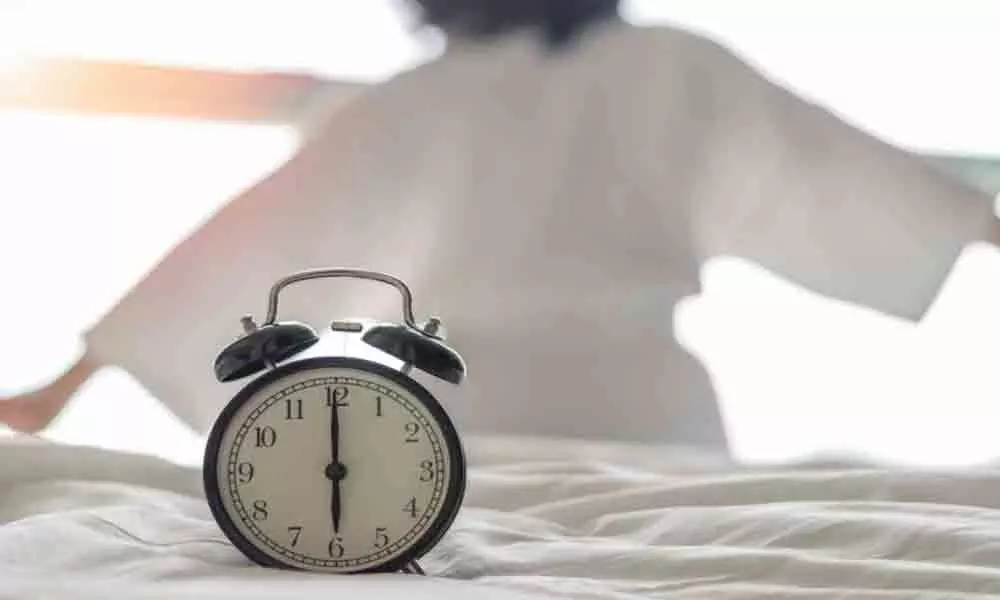Body clock study may help improve vaccine strategies

The biological clock - a daily cycle of physical, mental, and behavioral changes in one's body depending on exposure to light and darkness - influences the immune response efficiency, according to a study which may improve vaccine strategies, and cancer immune therapies.
The biological clock - a daily cycle of physical, mental, and behavioral changes in one's body depending on exposure to light and darkness - influences the immune response efficiency, according to a study which may improve vaccine strategies, and cancer immune therapies.
According to the researchers, including those from Douglas Research Centre of McGill University in Canada, a type of immune cells called the CD8 T cells - which are essential to fight infections and cancers - function very differently according to the time of day.
Also known as circadian rhythms, the biological clock is generated by "clock genes," which influence most organs and cells - including those of the immune system, whose function varies according to the time of day, the study, published in the journal PNAS, noted. The circadian rhythms, the researchers said, have been found for various aspects of physiology, including sleep, nutrition, hormonal activity, and body temperature.
The study noted that these daily rhythms help the body adapt to cyclical changes in the environment, such as seasons and the day and night cycle. In an earlier study, the researchers had shown that the strength of reaction T cells had on a foreign body varied according to the time of day. However, the role of the biological clock in this phenomenon remained unknown, the researchers said.
"Using a mouse vaccine model, we observed that after vaccination, the strength of the CD8 T cell response varied according to the time of day," said Nicolas Cermakian, co-author of the study from McGill University. He added that in mice, whose CD8 T cells lacked the clock gene, the circadian rhythm was abolished, and response to the vaccine was diminished in the daytime. "Our study shows that T cells are more prone to be activated at certain times of the day. Identifying the mechanisms through which the biological clock modulates the T cell response will help us better understand the processes that regulate optimal T cell responses," said co-author Nathalie Labrecque from the University of Montreal in Canada.










